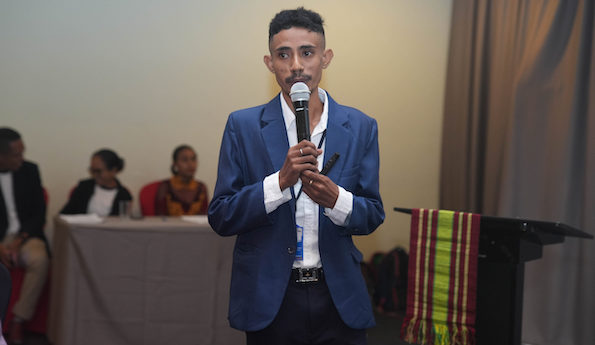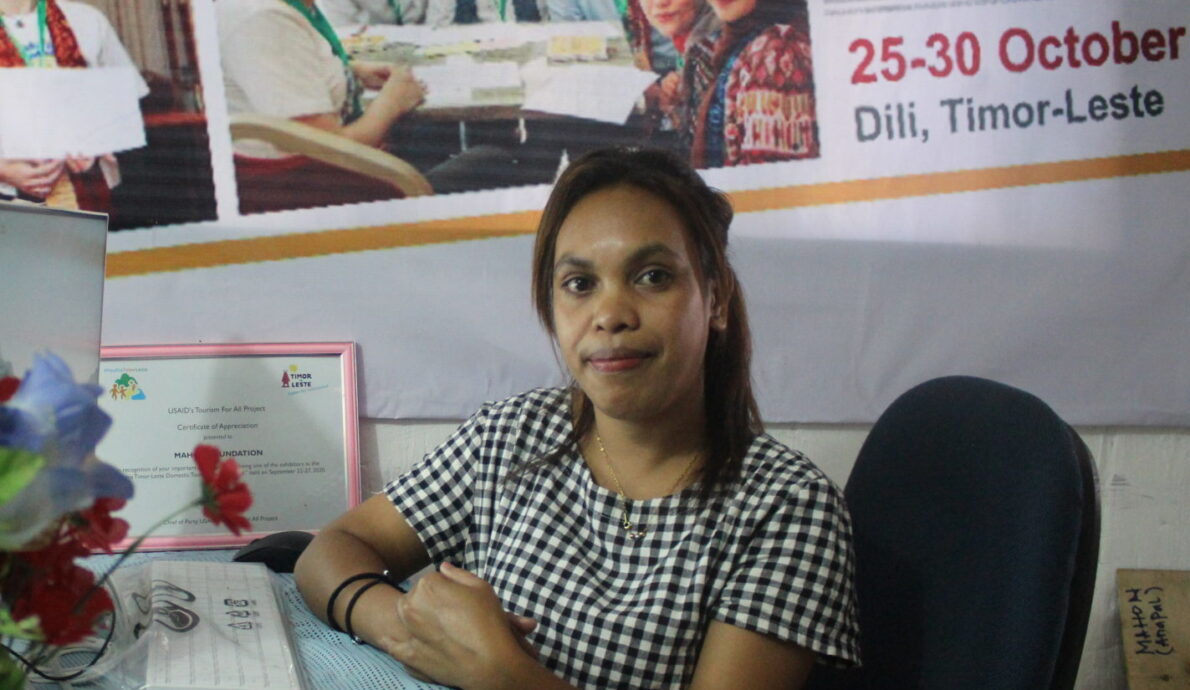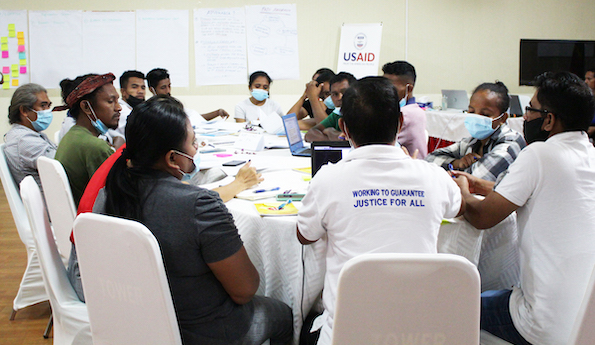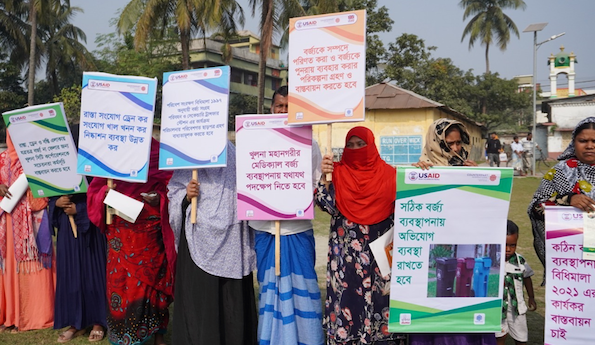Norberta Soares is the executive director of the Community-Based Rehabilitation Network Timor-Leste, a nonprofit dedicated to advocating for health, rehabilitation, education, and other services for people with disabilities. In partnership with the USAID/Timor-Leste NGO Advocacy for Good Governance Activity, implemented by Counterpart, the nonprofit has built their capacity and transformed their advocacy efforts and organizational practices—leading to greater impact and better service provision for people with disabilities. Through its partnership with Counterpart, CBRN-TL’s collaboration, visibility, and partnerships with key stakeholders, including government bodies, donors, and development partners, have significantly expanded.
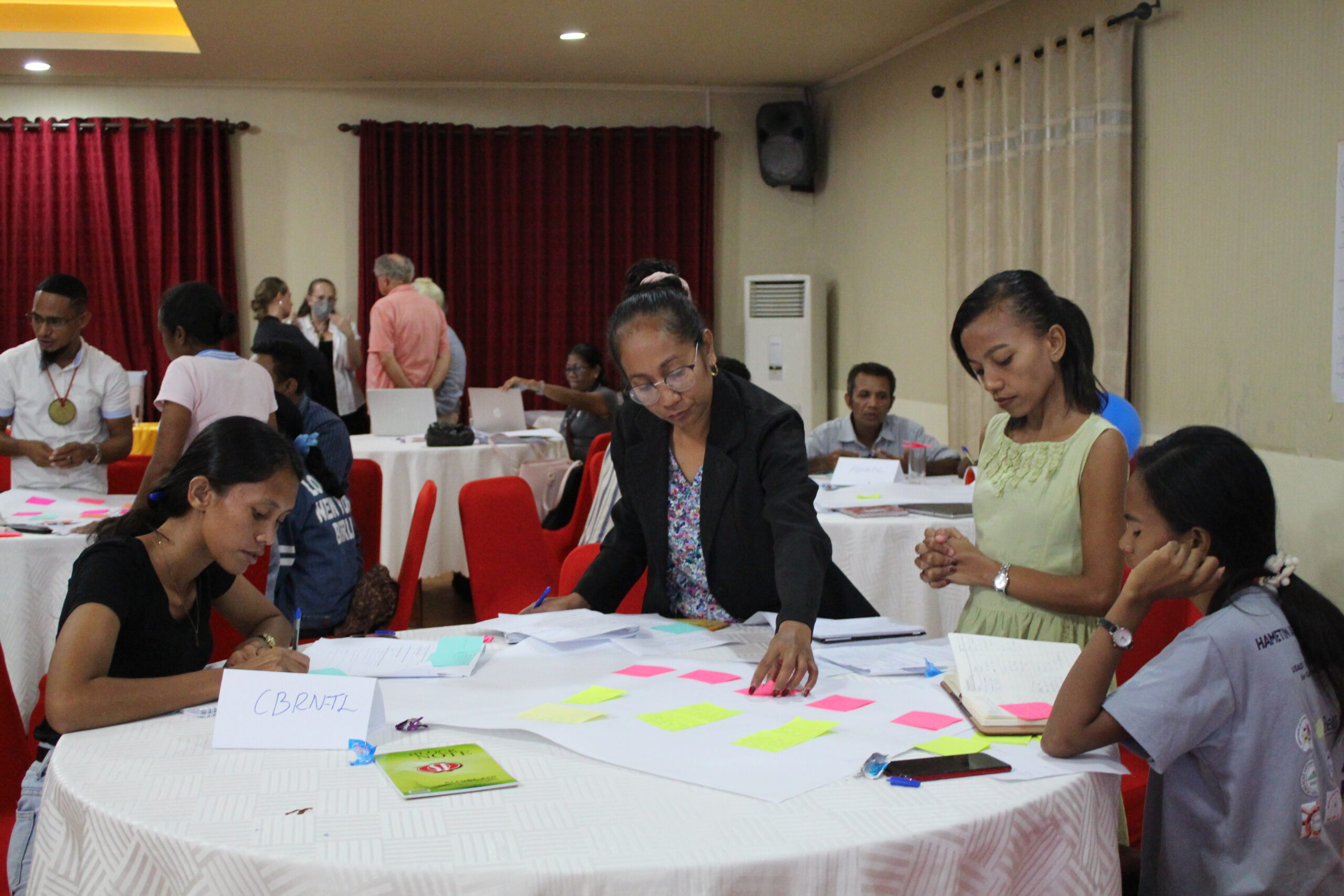
Norberta Soares and her colleagues during a research training workshop.
In one notable example, the nonprofit did not have a close relationship with the Ministry of Health, despite a shared interest in the health rehabilitation of people with disabilities. However, building on lessons learned from Counterpart trainings, CBRN-TL conducted primary research on the accessibility of people with disabilities to health facilities and presented its findings and recommendations to Ministry representatives. The presentation helped it get a foot in the door and build important relationships with the Ministry—ultimately leading to a formal agreement for further collaboration.
The nonprofit’s partnership with the Activity has also led to the creation of an expanded network and increased linkages to donors and potential partners. Previously, it partnered almost exclusively with UN Women on the prevention of violence against women with disabilities. Now, they have expanded their partnerships to include a variety of donor agencies as well as other NGOs in Timor-Leste through introductions Counterpart facilitated.
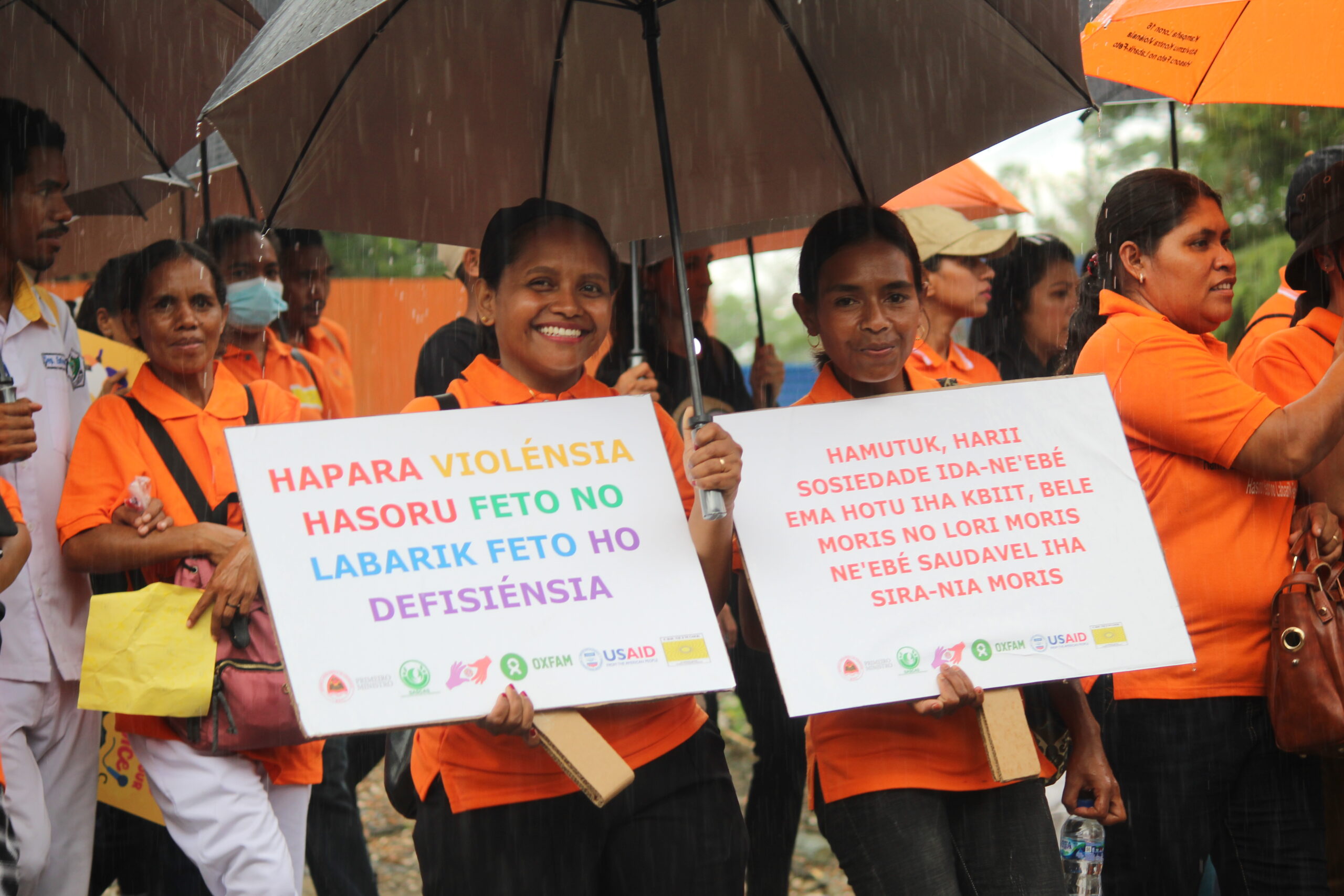
CBRN-TL participating in a women’s advocacy campaign.
On an individual level, Soares participated in Counterpart’s comprehensive training courses on advocacy, research, and leadership. The trainings boosted her confidence and enhanced her skills as an executive director, positioning her as an influential advocate driving positive change in disability rights advocacy and strengthening her knowledge of evidence-based research as an impactful advocacy tool. Equipped with increased advocacy skills and confidence, Soares is now sought after to provide insights on issues involving and affecting people with disabilities. Key government stakeholders, including the Ministry of Social Solidarity and Inclusion and the Secretary of State for Equality and Inclusion, consult her on these topics—a new development since CBRN-TL partnered with the Activity.
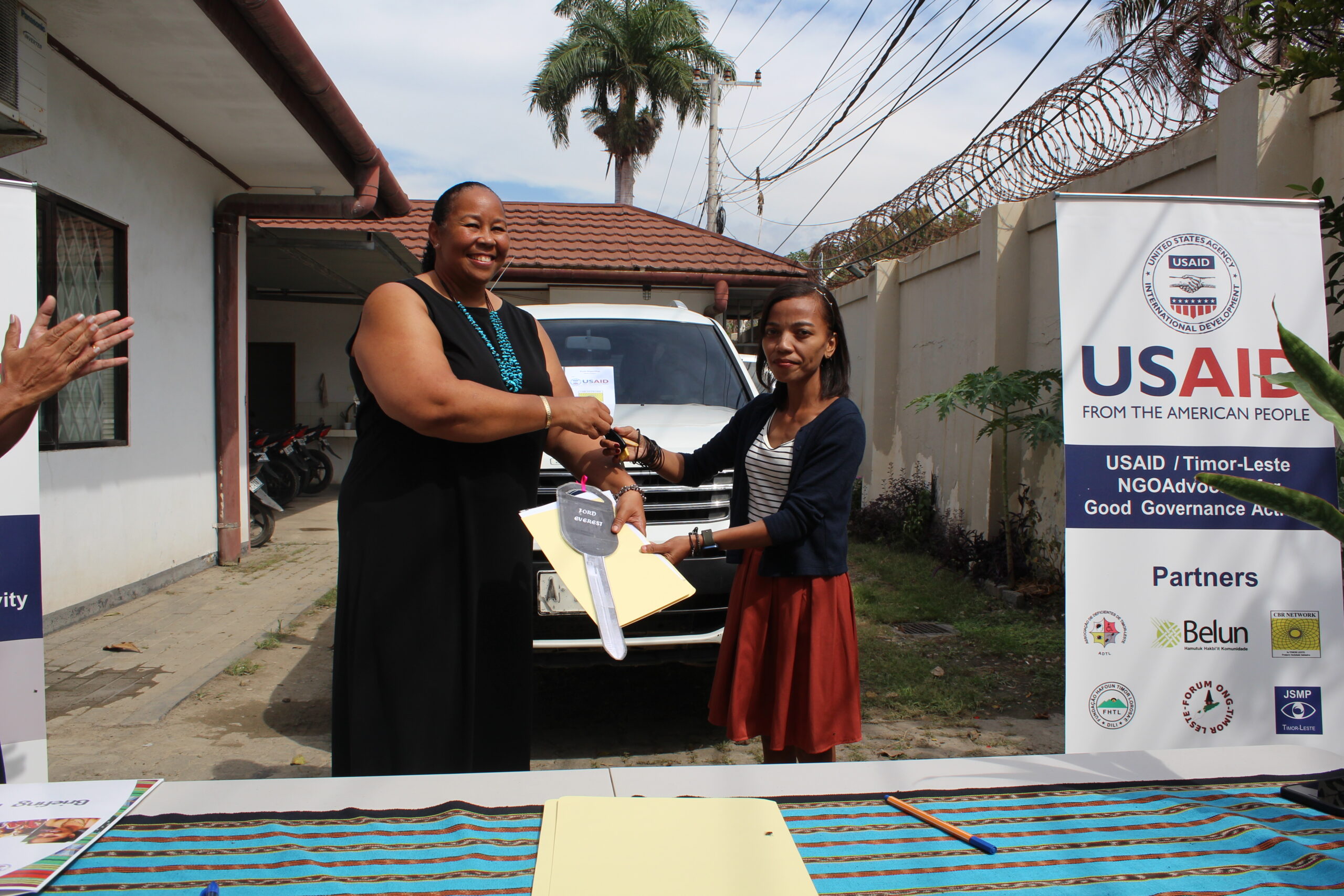
CBRN-TL receives a car to use for their activities.
Counterpart has also introduced valuable advocacy tools to CBRN-TL, including the organizational performance index, which informs transformational change action plans and theories of change, among other tools for sustained growth and impact and designed to help align objectives with activities to drive transformative change. CBRN-TL is using this approach as it develops a new annual strategic plan.
CBRN-TL’s collaboration with Counterpart and USAID reflects a shared commitment to advancing disability rights and promoting inclusive practices in Timor-Leste. This transformative journey showcases the power of effective advocacy and serves as an inspiring example for other organizations in Timor-Leste.



